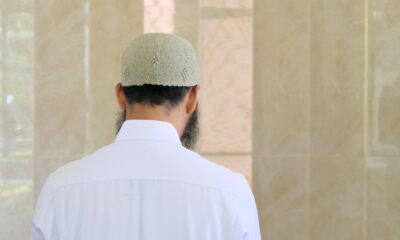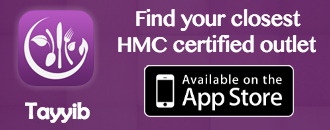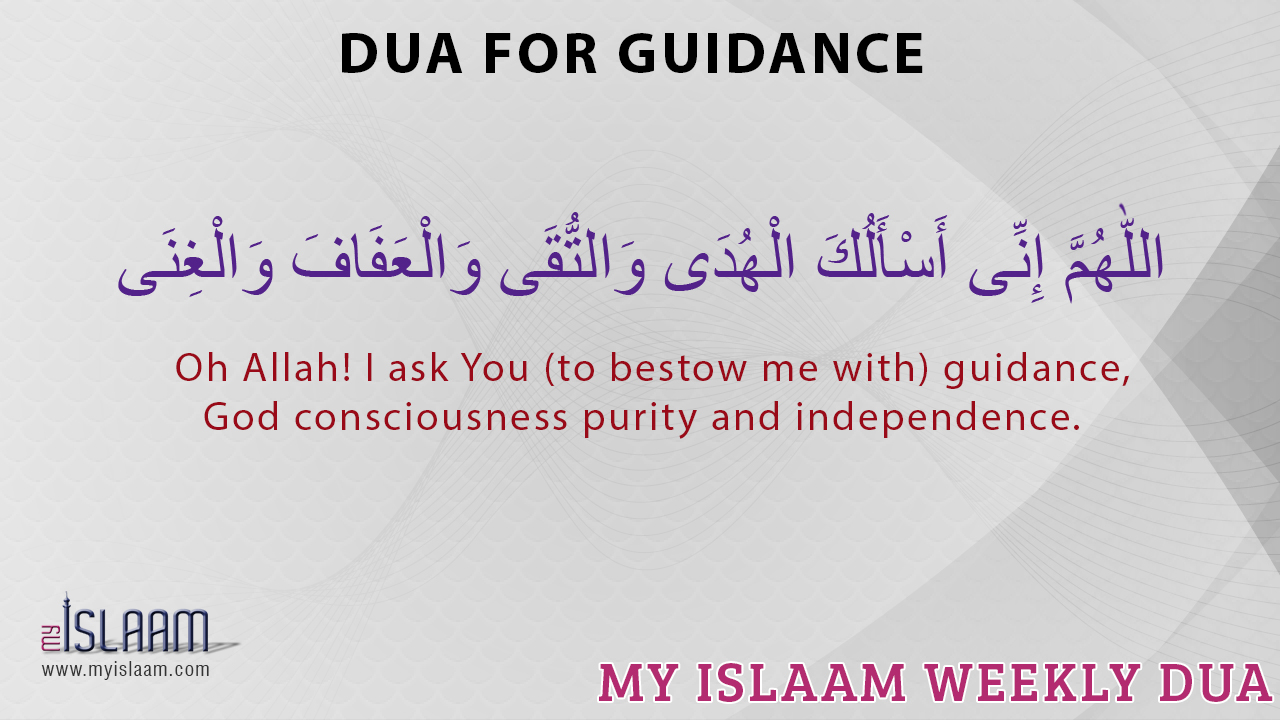Eid is a day of joy, happiness and smiles all around. The young, the elderly, men and women all have a smile on their faces. But is Eid just this or is there more to it?
Islam always teaches a lesson or two through each and everything and Eid is no different. Islamic teachings and practices are full of wisdoms for those who look deeper.
Eid is a full of messages and lessons.
1. It teaches us how we should celebrate moments of happiness. In Eid there is no clubbing or drinking, nor fireworks or loud parties. A person wakes up, prays Fajr then has a shower, wears his best clothes, puts perfume on and leaves for the Eid prayer. When he walks, his eyes are lowered and his lips are busy praising Allah by reading the Takbeers. After reaching the mosque, the person reads two Rakats to gratitude and bows to Allah in a display of humility. This teaches us that even in times of happiness, a true Muslim is not proud; rather he is humble before his lord. Times of happiness make him turn to Allah just like times of difficulty. Events such as weddings, births, buying a new car or house, a promotion at work etc are celebrated but in a way that pleases Allah.
2. Eid also a message of unity. Whether a person is rich or poor, a scholar or a layman, white or black, all unite and pray side by side before Allah. There is no discrimination as all are equal before Him. Can there be anything better? All these Muslims are united by their belief in the oneness of Allah, the Prohethood of Muhammad SAW, the hereafter, the Quran. They have a few differences, no doubt, but they still stand side by side. If only we could be like this during the remainder days of the year! The essentials of the Deen are enough to unite these people. Their others differences are respected or overlooked for the sake of unity.
3. Eid is also a reminder that true happiness is such in which all are able to join in. A house full of laughter and smiles, whilst the neighbours are full of doom and gloom and not cared for is not really something to celebrate. This is why the Prophet SAW instructed us to give Sadaqatul-Fitr; a small donation to be given to the poor before the Eid prayer so the poor within the society are also able to join in with the rest in the celebrations. This concept should also be applied to other occasions of happiness within our lives. This is why Islam teaches us to do ‘Aqiqah’ when a child is born, and to do a ‘Walima’ when two families become one. The Prophet SAW is reported to have said that ‘The worst Walima is in which the rich are invited and not the poor’ (Bukhari). A Muslim is one who has concern for others around him and not just himself. The troubles and difficulties of others also trouble him. He shares their pain. He treats others like he would like to be treated and treats others like he would treat his own family. He worries about happiness and wellbeing of others.
These are only a few of the main lessons in Eid which should be applied to the rest of the year.

 Songs make hypocrisy grow in the heart just as water makes crops grow
Songs make hypocrisy grow in the heart just as water makes crops grow 
















